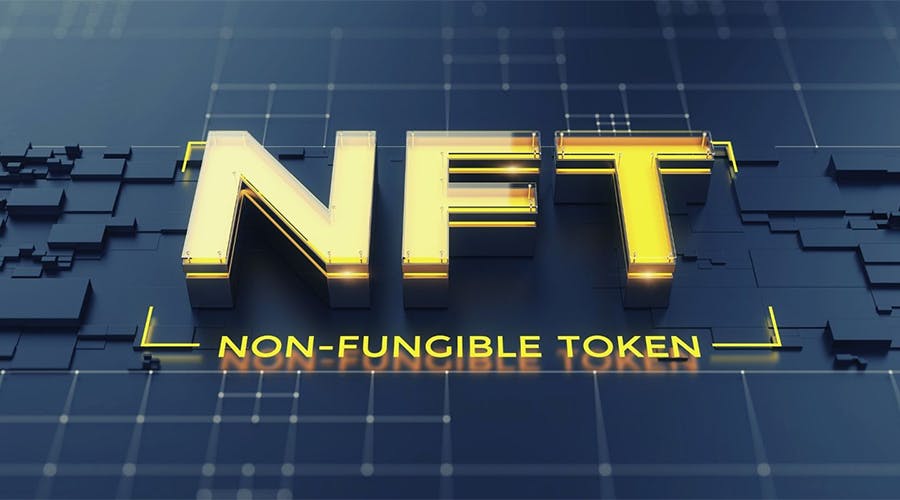
If last year’s buzzword was cryptocurrencies, then it seems 2021 is going to be all about non-fungible tokens, or NFTs. NFTs, which are based on cryptocurrencies, have taken the world by storm, especially in creative fields, with every artist, company, sports organization, and entity related to these areas jumping in on this trend. NFTs are essentially digital tokens that are unique and provide proof of ownership for digital assets, whatever they may be. Therefore, there have been several examples of NFTs that have sold for huge amounts, and there are various areas where they may have some long-term applications as well. However, the question does remain as to whether this is just a short-term trend, or whether NFTs genuinely have the potential to change the way digital economies operate.
One of the most lucrative NFT sales involved the historic auction house Christie’s auctioning an NFT by the digital artist Beeple for $69 million, while Sotheby’s has also got into the act, where it collaborated with the crypto artist Pak to auction some exclusive digital art, fetching more than $17 million. Individual artists have also been able to raise millions of dollars through their NFTs, while there have also been some slightly obscure and puzzling sales, such as Jack Dorsey, the co-founder and CEO of Twitter, putting his first-ever tweet on sale as an NFT, and earning over $2.9 million from it. Organizations have also got involved – the NBA launched Top Shot, a digital store for fans to buy highlights and other digital collectibles as NFTs, with some of them selling for quite a lot of money as well.
These trends have naturally led to a lot of interest in the NFT market, and there are certainly several advantages that it has over traditional marketplaces and services. NFTs allow content creators to connect with customers and buyers directly, without having to deal with middlemen and intermediaries. While the biggest sales have taken place through auction houses as we saw earlier, individual artists have also seen a lot of success by launching NFTs on their own. This could prove to be a game-changer for the music industry in particular. At the moment, most artists are paid a pittance as streaming royalties from music streaming companies such as Apple Music and Spotify. However, artists can take this into their own hands by launching their music in the form of NFTs which will allow them to sell directly to fans, many of whom are happy to pay a premium to support their favourite artists. We have already seen a successful example of this – the rock band Kings of Leon recently launched their latest album, ‘When You See Yourself’, as an NFT, and earned over $2 million in sales in a matter of days.
However, there are quite a few drawbacks as well. Creators and individuals putting out NFTs have to deal with costs as well, and these can be significant, reducing their earnings by quite a large amount. The example of the Kings of Leon is also relevant here, as the band had to pay significant ‘gas fees’ which ended up eroding their earnings by quite a large margin. The Ethereum blockchain, which supports most NFTs, is also outdated and due for an upgrade, while there is also the question of the environmental impact of cryptocurrencies and NFTs, with increasing amounts of electricity needed to mine Bitcoin, Ethereum, and the other crypto tokens. This is often enough to put off many consumers who are now socially conscious and could be a problem for the industry if they do not arrive at a more eco-friendly solution.
One of the biggest advantages is that NFTs are virtually not hackable, since the blockchain network being used is extremely safe, and therefore the authenticity of content can be guaranteed and verified. Smart contracts are also making NFTs more viable and attractive, since they can completely change the way royalty agreements and payments work, increasing the share of payments that artists receive, and also removing delays and issues that they have to face at the moment.
Overall, like every other technological innovation, NFT has its pros and cons. There are some significant advantages that NFTs bring to the digital economy, especially for artists and content creators, and while there are some drawbacks that will need to be monitored and mitigated, NFTs have the potential to completely overhaul the way these sectors work.